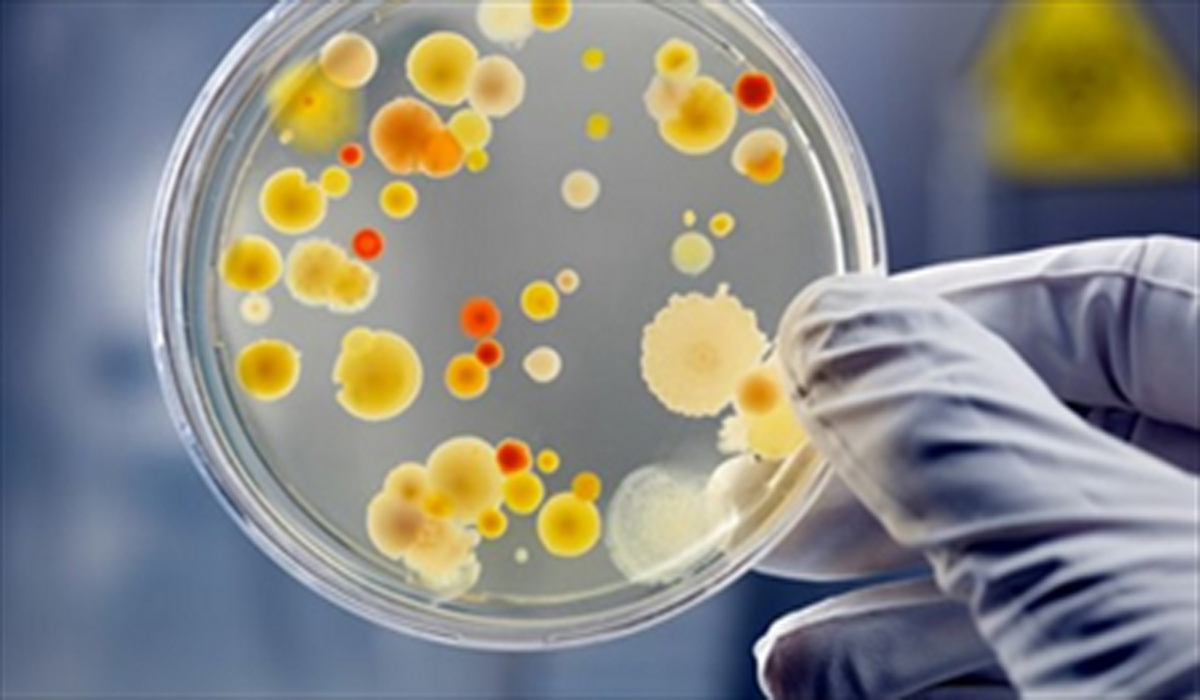The study of microscopic organisms is called microbiology. Micro-organisms are very small organisms which are not visible through naked eye. These organisms include algae, bacteria, moulds, protozoa, yeasts and viruses. Sometimes they are referred to as microbes and are studied under microscope, being very small in appearance.
Micro-organisms are found everywhere and they constitute the largest group of living things existing on earth. Our existence, health, food, agriculture and even industrial development are very much dependent on them. Unknowingly, man has made use of micro-organism since prehistoric times, mostly in the production of food and drinks, such as leavening of bread, souring of milk and making of wine and beer etc. However, it was only in the seventeenth century that the microbial world was discovered.
Key to Success
To be successful in Microbiology you should have/ develop:
- Above average intelligence
- Ability to concentrate for long hours
- Capacity for original thoughts
- Perseverance
- Going to the bottom of the problem
- Constantly acquiring knowledge
- Eye for minute details
Scope and opportunities
Microbiologists find jobs in many places like research and development laboratories of government and private hospitals, research organizations, pharmaceutical, food, beverage and chemical industries. Microbiology is a promising career as it is closely related biotechnology. With the growing demand for microbiologist there has been a great demand for this career in the recent times.
Lifestyle & Social Status
- It’s mostly an indoor activity
- Working in labs.
Job Profile
Microbiologists study and investigate micro-organisms and their relationships with man, animals and plants. Some of the sub-categories of microbiologists are as follows.
- MEDICAL MICROBIOLOGISTS: Medical microbiologists study the role played by micro-organisms in inflicting diseases in humans and animals. They research and investigate these organisms to find ways to cure and prevent, occurrence of these diseases. Major breakthroughs have been made in this field and efforts are on all over the world to find solutions too many more dreadful diseases especially AIDS.
- AGRICULTURAL MICROBIOLOGISTS: India is still an agricultural economy and microbiologists play an important role in improving its size and shape i.e. the output and quality. Agricultural microbiologists study plant diseases, the role of micro-organisms in soil fertility and spoilage of farm products. Advances and inventions made in agricultural microbiology over the years have contributed in increasing agricultural output.
- INDUSTRIAL MICROBIOLOGISTS: Industrial microbiologists work with industries producing products such as alcoholic beverages, amino acids, citric acids, Vitamin C and antibiotics etc. with the help of micro-organisms.
- MARINE MICROBIOLOGISTS: Marine microbiology deals with the micro-organisms present in the ocean. It is a relatively new division of microbiology and promises to be an exciting one.
- GENERAL MICROBIOLOGISTS: General microbiology focuses on the fundamentals and basic features of micro-organisms including ecology, metabolism, genetics, physiology and structure.
Skill sets
- Critical Thinking.
- Analytical skills
- Complex Problem Solving
- Judgment and Decision Making
- Solid mathematical skills
- Computer knowledge
Work Value
- Challenging
- Autonomy
- No monotony in work
- Innovation
Current Job Scenario
Career opportunities for students in microbiology abound. Those specializing in different sub-disciplines of this field can easily find jobs in both private and government sector undertakings. If you have acquired a post-graduate degree in biology then you can easily find a suitable position in a number of industries. The major sector where a microbiologist can work is in national labs, research on the various viruses.
Top Recruiters
- Cadbury
- Amul
- Pepsi
- Coca-Cola
Course Synopsis
| Course Options | B.Sc. in Microbiology | M.Sc in Microbiology |
| Academic Eligibility | 10+2 with PCB | B.Sc. in biology |
| Fees | Rs. 20k to 25k per annum | Rs. 35k to Rs. 40K per annum |
| Expenditure in Metro and Tier-1 | Rs. 2 lakhs to Rs. 2.5 lakhs | Rs. 2 lakhs to Rs. 2.5 lakhs |
| Expenditure in Tier-2 | Rs. 1.75 lakhs to Rs. 2 lakhs. | Rs. 1.75 lakhs to Rs. 2 lakhs. |
| Duration | 3 Years | 2 Years |
| Mode | Regular | Regular |
| Specialization | Bacteriology; study of bacteria, mycology; study of fungi and virology; study of viruses. | |
| Approved | UGC | UGC |
| Affiliation | Respective University | Respective University |
| Entrance Exam | ||
| Education Loan | ||
| Scholarships |
Career prospect
- Clinical laboratory scientist
- Clinical microbiologist
- Microbiological analyst
- Microbiologist
- Microbiology director
- Microbiology laboratory manager
- Quality control microbiologist
- Study director
- Bacteriologist
Entrance Exam
- There is no any national level entrance exam for UG level, most of the admission takes place on the basis of Merit
- Some of the institute has their own entrance exam, below are some popular entrance exams for Biology:
- IISc- Indian Institute of Science
- IISER- Indian Institute of Science Education and Research
- NISER- National Institute of Science Education and Research
- Visva Bharati- A University founded by Rabindranath Tagore
- BHU- Banaras Hindu University
- GB Pant University of Agriculture & Technology – Pantnagar
Success stories

